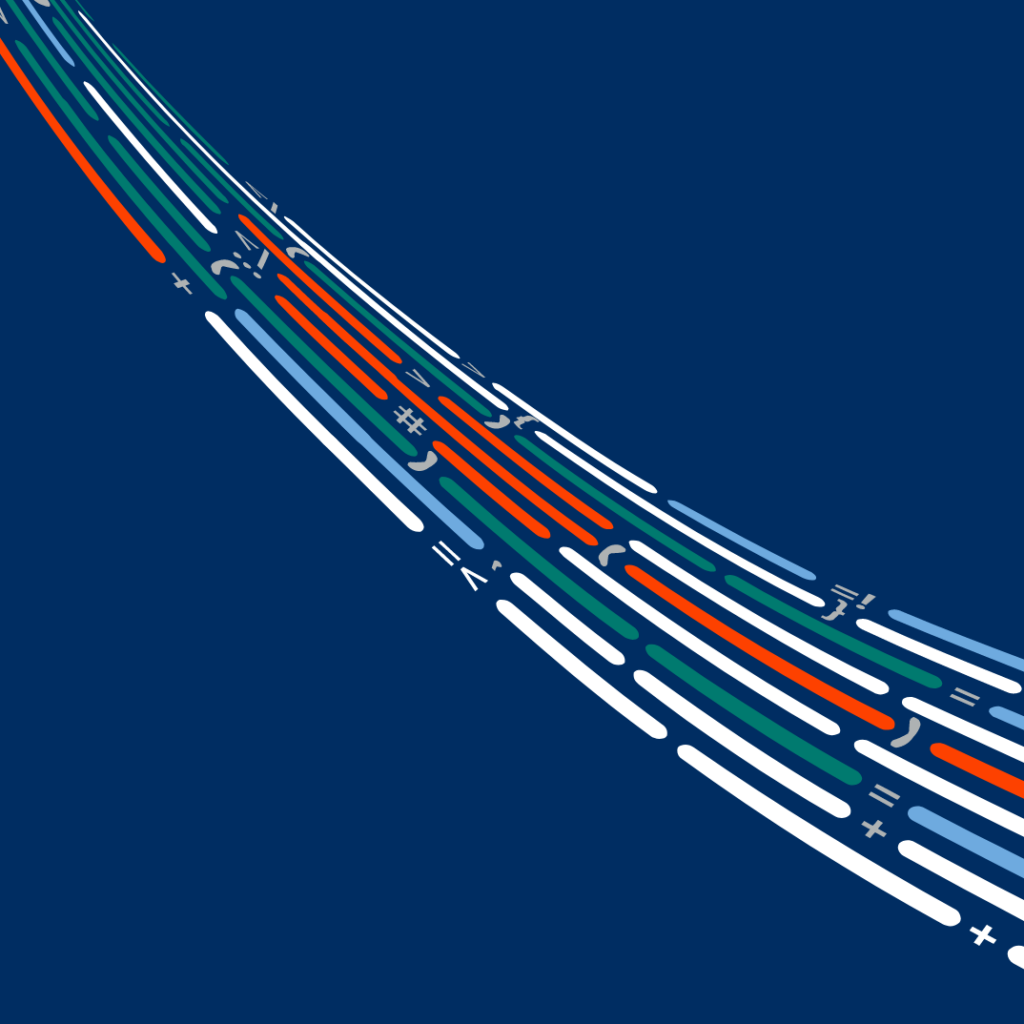June 5, 2023
Exploring Rules Communication: Moving Beyond Static Documents to Standardized Code for U.S. Public Benefits Programs
The benefits programs that comprise the United States social safety net are governed by a complex array of federal, state, tribal, and local entities. Currently, governments enact and promote a tangle of intersecting laws, regulations, and policies related to these programs, which are communicated in lengthy and complex text documents distributed on disparate websites.
The absence of standardization and transparency in public benefits governance fundamentally limits the ability of benefits administrators and delivery organizations. It makes it difficult to ensure residents can access the benefits for which they are eligible. One foundational approach to reducing the gap between policy and service delivery in digital systems in the United States is adopting rules as code for the safety net. (The Organization for Economic Co-operation and Development (OECD) Observatory for Public Sector Innovation defines rules as code as “an official version of rules (e.g., laws and regulations) in a machine-consumable form, which allows rules to be understood and actioned by computer systems in a consistent way.”) Doing so would enable more straightforward policy integration into delivery systems that are both standardized and transparent.
To help eligible individuals navigate the complexities of benefits delivery, a vibrant community of organizations have created online eligibility screening tools, benefits applications, policy analysis tools, and open source resources across numerous public benefits programs. These organizations play a crucial role in increasing access to benefits for eligible individuals, and serve as tangible examples of how open, standardized code can translate policy into system rules.
In this brief, we analyze the current state of federal and state government communication around benefits eligibility rules and policy and how these documents are being tracked and adapted into code by external organizations. This work includes comparisons between coded examples of policy and potential options for standardizing code based on established and emerging data standards, tools, and frameworks.
Research contributors
Ariel Kennan, Fellow and Research Faculty, Digital Benefits Network, Beeck Center for Social Impact + Innovation, Georgetown University
Lisa Singh, Director, Massive Data Institute, and Professor, Department of Computer Science, Georgetown University
Bianca Dammholz, Student Analyst, Digital Benefits Network, Beeck Center for Social Impact + Innovation, Georgetown University
Keya Sengupta, Research Assistant, Massive Data Institute, Georgetown University
Jason Yi , Student Analyst, Digital Benefits Network, Beeck Center for Social Impact + Innovation, Georgetown University



